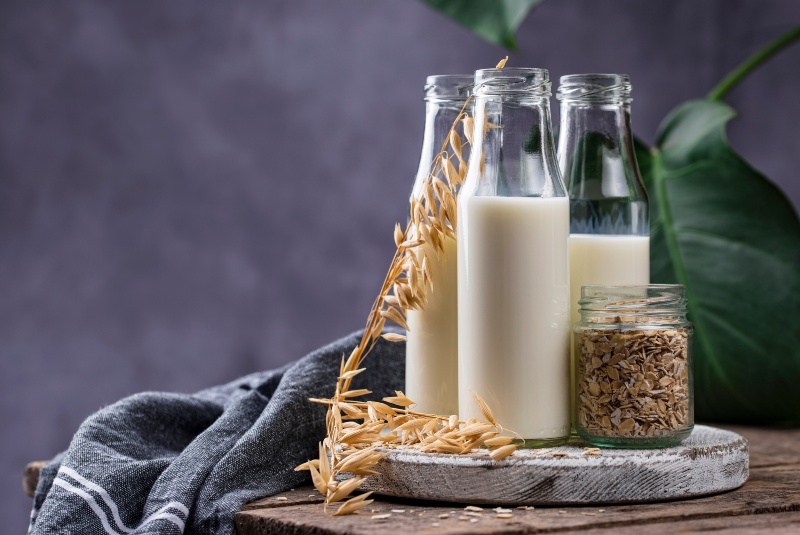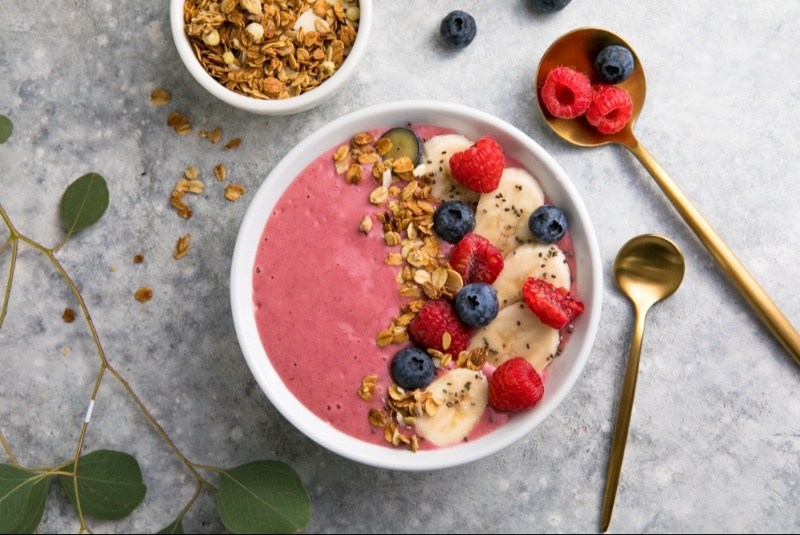In recent years, there has been a steady shift in consumer preferences towards healthier and more sustainable options in the food and beverage industry. One emerging trend that has captured the attention of both consumers and industry players is the rise of functional beverages. These drinks are specifically formulated to deliver a range of health and wellness benefits, providing essential nutrients, antioxidants, probiotics, and other functional ingredients to improve overall well-being. In this article, we will explore the reasons behind the growing popularity of functional beverages, their various categories, and their potential for long-term success in the market.
Factors Driving the Rise of Functional Beverages
1. Health-conscious consumers: Today, more people are becoming increasingly aware of the impact of their dietary choices on their health and wellness. As a result, they are seeking out functional beverages as a convenient and effective way to support their overall well-being.
2. Demographic shifts: Aging populations in developed countries are contributing to the increased demand for functional beverages that address age-related health concerns, such as bone and joint health, cognitive function, and energy levels.
3. Busy lifestyles: With demanding work schedules and hectic personal lives, many consumers are turning to functional beverages as an easy and time-saving way to boost their nutritional intake.
4. Growing awareness of functional ingredients: Consumers are becoming more knowledgeable about the benefits of specific functional ingredients, such as probiotics for gut health, antioxidants for immune support, and adaptogens for stress relief.
5. Rise of personalized nutrition: The functional beverage industry is well-positioned to capitalize on the trend of personalized nutrition, as consumers increasingly seek products tailored to their individual needs and preferences.
Categories of Functional Beverages
Functional beverages can be broadly classified into several categories, each offering unique health benefits and catering to specific consumer needs:
1. Energy and sports drinks: These beverages are designed to enhance athletic performance, increase energy levels, and aid in post-workout recovery. Popular ingredients include electrolytes, vitamins, and minerals, as well as natural stimulants like caffeine and guarana.
2. Nutraceutical beverages: Enriched with vitamins, minerals, and other essential nutrients, these drinks help bridge the gap in daily nutritional intake. They may also contain ingredients that target specific health concerns, such as heart health, immune support, or weight management.
3. Probiotic and prebiotic drinks: These beverages promote gut health and digestive function by providing beneficial bacteria (probiotics) or the nutrients they need to thrive (prebiotics). Examples include kombucha, kefir, and some yoghurt-based drinks.
4. Plant-based beverages: Made from plant-derived ingredients like almond milk, oat milk, or soy milk, these drinks offer a range of health benefits associated with plant-based diets, including improved heart health and a lower risk of certain chronic diseases.
6. Adaptogenic beverages: Containing adaptogenic herbs like ashwagandha, rhodiola, and ginseng, these drinks help the body adapt to stress, support cognitive function, and boost overall well-being.

The Future of Functional Beverages
The functional beverage market shows no signs of slowing down, as the demand for healthier, more convenient, and personalized options continues to grow. To stay competitive, industry players must keep pace with evolving consumer preferences and emerging health trends. Some potential areas of growth and innovation include:
1. Sustainability: As consumers become increasingly concerned about the environmental impact of their choices, beverage manufacturers will need to prioritize sustainable sourcing, production, and packaging practices.
Clean label and transparency: Consumers are seeking products with simple, recognizable ingredients and transparent labeling. This will push manufacturers to adopt clean label formulations and provide detailed information about the origin, quality, and benefits of their ingredients.
2. Plant-based and vegan options: With the rise of plant-based diets, there is a growing market for vegan-friendly functional beverages that cater to consumers’ ethical and environmental concerns.
3. Personalized nutrition: Technological advancements will enable manufacturers to develop more targeted and customized functional beverages, taking into account individual consumers’ dietary preferences, health goals, and even genetic information.
4. Recherche scientifique et collaboration : Pour asseoir leur crédibilité et gagner la confiance des consommateurs, les marques de boissons fonctionnelles devront investir dans la recherche scientifique et collaborer avec les professionnels de la santé pour valider l’efficacité de leurs produits.
L’essor des boissons fonctionnelles destinées à améliorer le bien-être reflète une évolution plus large des préférences des consommateurs vers des options plus saines, plus durables et personnalisées. Alors que le marché continue de croître et d’évoluer, les acteurs de l’industrie devront rester agiles et innovants, en développant des produits qui répondent à une gamme variée de besoins tout en restant attachés à la transparence, à la durabilité et à la rigueur scientifique. Grâce à leur combinaison unique de commodité, de bienfaits pour la santé et de polyvalence, les boissons fonctionnelles sont appelées à jouer un rôle de plus en plus important dans la quête des consommateurs pour un mode de vie plus sain et plus équilibré.




